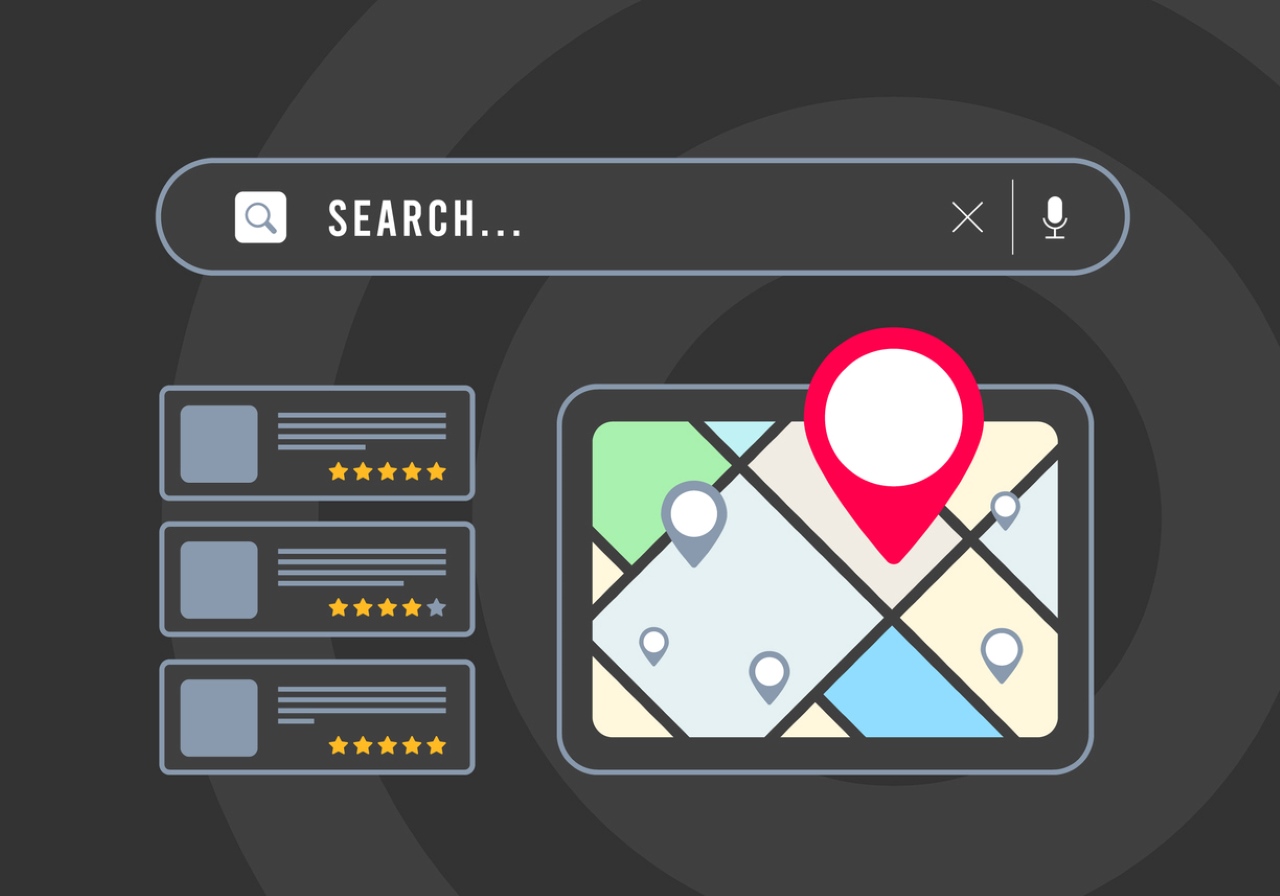Wouldn’t it be great if you could reach customers who specifically need the services your business provides with targeted ads? Great news – this is achievable with Google LSA or Google Local Services Ads. As you will see below, this is a potentially effective marketing method that specific businesses can benefit from.
What is Google Local Services Ads (LSA)?
Google LSA are paid adverts for local businesses. The aim is to connect businesses with customers that have a direct need for their services. These differ from standard PPC ads in various ways including where they appear, the payment structure, and the content of the ads.
Features of Google LSA
It’s important to understand that Google LSA isn’t available for any business and there is a list of supported service business categories including:
- Appliance repair services
- Carpenters
- Carpet cleaning services
- Cleaning services
- Countertop services
- Electricians
- Fencing services
- Flooring services
- Foundations services
- Garage door services
- General contractor services
- Handyman
- Home inspection services
- HVAC (heating or air conditioning)
- Junk removal services
- Landscaping services
- Lawn care services
- Moving services
- Pest control services
- Plumbers
- Pool cleaning services
- Pool contracting services
- Roofers
- Siding services
- Snow removal services
- Tree services
- Water damage services
- Window cleaning services
- Window repair services
As you can see, it’s mainly services that people may need for their homes or property. Eligibility varies depending on your geographic location and if you want to start Google LSA, it’s important to use the eligibility checker first. Other important features of Google Local Service Ads include:
- The ads are always placed at the top of search results.
- Ad copy is automatically generated based on things like review ratings and proximity.
- The ads lead directly to phone calls, messages, or bookings.
- Google Guarantee badge can add extra clout.
Benefits of Google LSA
Now that you have a clearer understanding of what Google LSA offers, let’s take a look at the benefits which include:
- Improved cost-efficiency: As I explain below, Google LSA works on a cost-per-lead basis where you pay only for real business leads. You don’t pay for junk clicks unlike Google Ads so there is essentially no wasted budget.
- More leads: Simply put, Google LSA should lead to more traffic and actual business. The fact that the ads are always placed at the top of search results is a huge benefit and when you have things like the Google Guarantee and star ratings, you attract more customers due to visibility and reputation.
- Easier to set up: Compared to Google Ads, Google Local Services Ads UK is easier to set up. There is a range of info you have to provide and an approval process, but the ads themselves are largely automated. An SEO and PPC agency based in London or your location would be able to help you with the initial setup and from there it’s plain sailing.
- Greater budget transparency: With other marketing it can be difficult to truly discern the cost-effectiveness but this isn’t the case with Google LSA. Due to the nature of the payment structure, and the fact that Google gives you a CPL figure (cost per lead) you can easily see if the campaign is working.
Cost and Payment Structure

Google LSA works on a pay-per-lead structure which means that you only pay when someone views your ad AND reaches out to you whether that’s a message, phone call, or booking, for example.
This payment structure eliminates useless ad views that can plague Google Ads campaigns. It makes Google LSA budgets incredibly cost-effective as there is no waste.
Best Practices and Optimization Tips
Compared to Google Ads you don’t need things like insights on ads quality score and the process is less complex, but it’s quite different so I have provided some simple tips to get you started below.
Make Sure Google Knows You Are a Worthwhile Business
Before creating Google LSA you have to be vetted and approved. This is done by setting up your profile and completing the different sections including licensing information, a background check, customer reviews, billing information, and budget. The exact info required varies for different services but you must always strive to provide as much info as possible for a successful application.
Don’t Overlook Things Like Job Types
There is a section in the Google LSA dashboard for job types. This is important to check and update as it allows you to state exactly which services you offer. By maintaining a clear list, you ensure customers know what you can do and don’t waste your time on inquiries you can’t fulfill.
Be Responsive to Leads
A lead is a person who has shown interest in your business but hasn’t become a customer. It’s important to keep track of your leads and follow up with a reply as quickly as possible. The quicker you reply, the more likely they are to use your business. Quick response times should also boost your reputation and rating with Google.
Could Your Business Benefit from a Google LSA Campaign?
If your business falls into one of the service categories, Google LSA is certainly worth considering as an addition to your PPC campaigns and that’s the important part.
Google LSA shouldn’t replace PPC but instead, work alongside it. By running both types of ad campaigns, you have specific location-based targeting with Google LSA, and more generic coverage for customers not as far in the search chain with your PPC ads.









